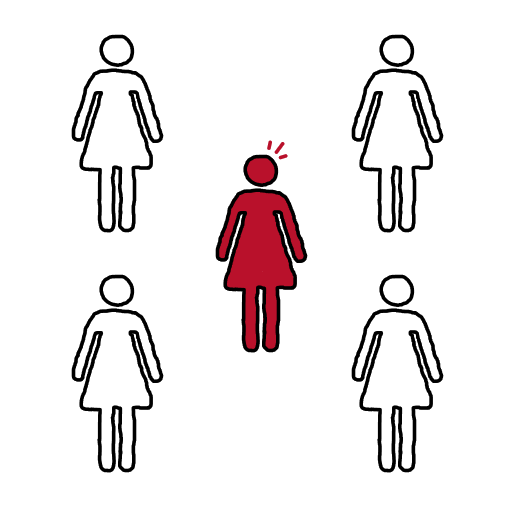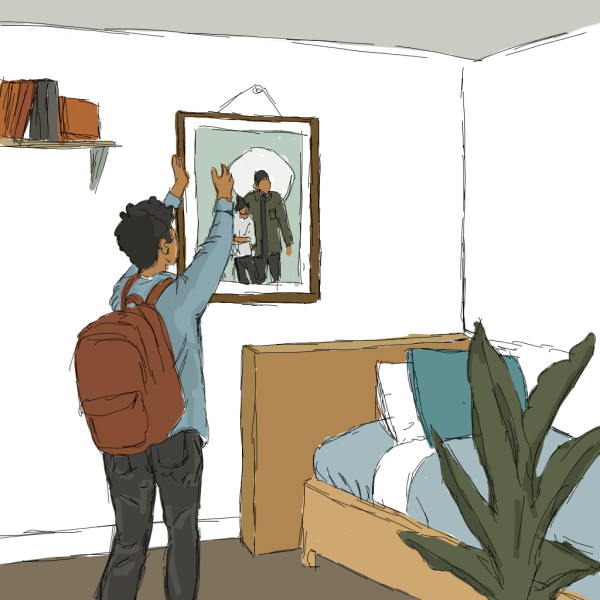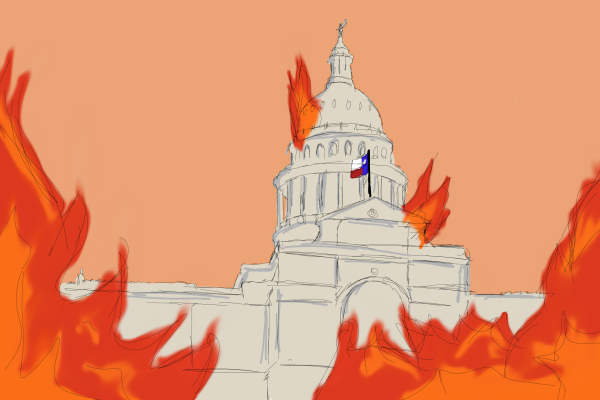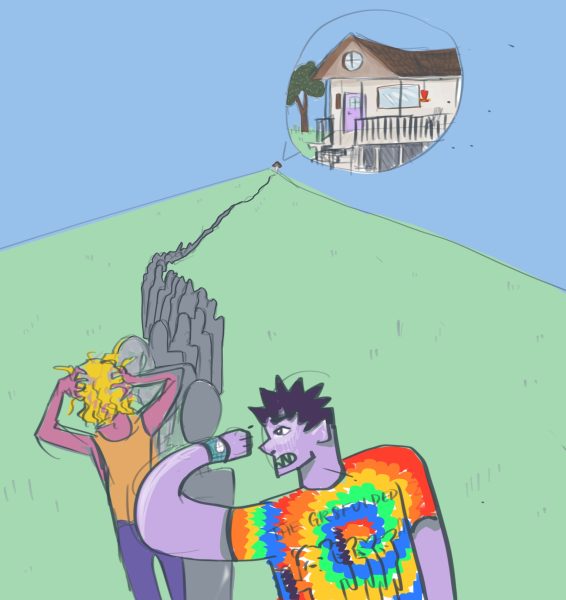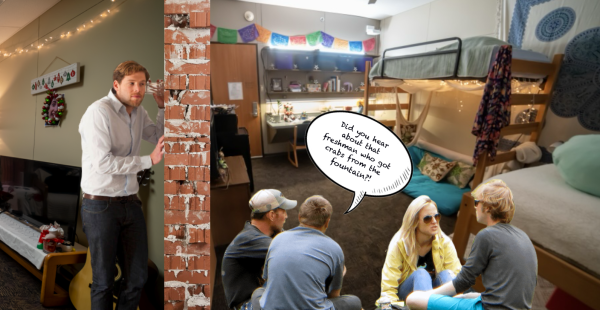Trinity is in the red zone
What the university can do to protect its students
While entering college is an amazing time to experience parties, make memories and find freedom, being thrown into adulthood as a first-year is overwhelming. Partying gives many a sense of relief from this, however, the danger that comes with it is often overlooked. Many Trinity students, including my own friends, have never heard of the red zone, putting themselves at a greater risk of being taken advantage of.
The red zone is the time period from the start of school until the middle of the first semester when many first-years start partying and are put into vulnerable positions. Statistics show that more than 50% of sexual assault cases on campus happen during the red zone. However, it’s not just first-years. Through lack of awareness and poor education on this topic, it’s easy for anyone to find themselves in a sticky situation. To remedy this, Trinity needs to offer intensive, effective and mandatory training for everyone.
A big factor of excitement and anticipation for going to college is to attend parties with no parental supervision. Admittedly, some frat parties are very fun. Cool laser lights and blasting music is something that many college students look forward to after a long week. The way college is portrayed in movies as we grow up feeds into the unrealistic expectations of college. The movies show how “fun” it is to get drunk and how amazing Greek Life can be. Yet, they fail to show the dangers that come with these poorly supervised events, including sexual assault.
The first step Trinity should take is offering a class for first-years to raise awareness about the red zone, sexual assault, and ways to take precautions. Rape aggression defense (RAD) classes have been offered in the past, but when searching for them on TigerPaws, I learned they are not offered every semester. In Trinity’s course list, the self-defense class for Trinity comes up as a physical education class, but it should be mandatory, not an elective. Since first-years generally take around 12-13 hours their first semester, there is space for a red zone and RAD hybrid class in their schedule.
A step Trinity has taken is mandatory videos and quizzes on sexual assault to ensure students understand consent. Although these are mandatory, many students bypass this by leaving it on as background noise. This means not many people actually learn about sexual assault or how to prevent it. For first-years, the training takes over an hour, but after the first year, it only takes around 30 minutes. This leaves a negative impression that after watching an hour-long video during our first year, we do not need to take any further action to protect ourselves.
Trinity also needs to further crackdown on Greek Life because parties serve as the main opportunity that first-years have to drink. For the first two weeks of school, fraternities check Trinity IDs to make sure that first-years don’t get in. While this is a good initial step for fraternities, the red zone spans until the middle of the first semester, so two weeks is not sufficient. Fraternities and sororities are also not allowed to drink with potential new members (PNMs). However, many of these PNMs attend parties and socialize with their potential organization in a setting where alcohol is present. As a first-year, this can lead to situations in which they feel pressured. Through word of mouth, ID’ing can discourage first-years from going, minimizing the opportunities for first-years to be taken advantage of.
Greek Life organizations also have designated sober monitors where members of the organization stay sober to help control the party and to keep it safe. This would be more helpful if they were actually sober because, in my experience, many sober monitors have not actually been sober. Regardless of their state of sobriety, it’s very difficult for a couple of people to be in charge of a large group. By creating harsher regulations, the Trinity community can be proactive, and help prevent sexual assault to reduce the 50%.
To fix a problem, you can either be proactive or reactive. In this case, we must be proactive to lessen the number of unsafe scenarios. Changing Trinity regulations can help educate first-years and keep students safe. The Trinity administration needs to do better at holding Greek life accountable. Regardless of whether parties and sexual assault happen on or off campus, everyone needs to be held responsible. Trinity has found itself in the red zone, but it can get itself out.

Hi! My name is Sarah Fridakis, and I am an opinion columnist for the Trinitonian. I am a sophomore majoring in Communications and Spanish with a minor...

I'm Tony Rodriguez! I'm a junior from San Antonio, TX, majoring in math, and I worked as a copy editor for the Trinitonian about two years ago and am now...

